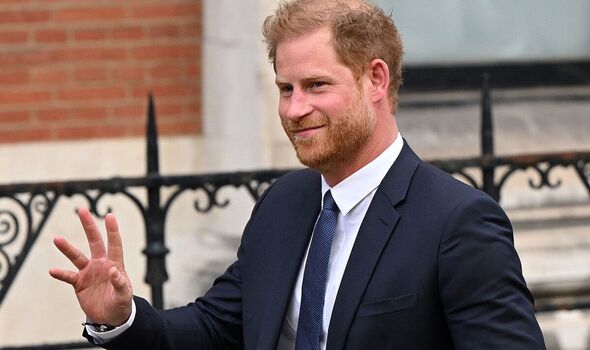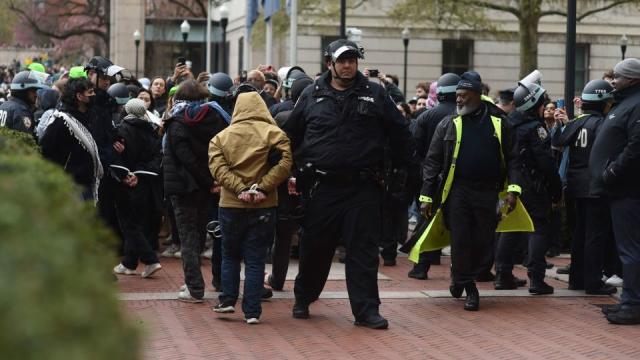In response to the ongoing Israeli-Palestinian conflict in Gaza Conflict, student demonstrations have swept across several prestigious universities in the United States. These protests, expressing solidarity with Palestinians, have resulted in clashes with authorities and a significant number of arrests.
Protests Intensify
- NYU Encampment Disrupted: On Monday night, tensions escalated at New York University (NYU) when police intervened to dismantle a student-organized protest encampment. The action led to the arrest of an undisclosed number of demonstrators.
- Yale University Sees Arrests: Earlier that day, Yale University in Connecticut witnessed a similar situation. Dozens of students were apprehended by police after refusing to disperse from a large gathering.
- Columbia University Cancels Classes: Citing incidents of “intimidating and harassing behavior,” Columbia University in New York opted to switch to virtual classes for the day. University president Dr. Minouche Shafik claimed outside individuals were exploiting the situation to advance their own agendas.
These events highlight the heightened emotions surrounding the Gaza conflict and the desire of students to express their views.
Demands of the Protesters
The student demonstrations across these universities share a common goal: pressuring their institutions to take action in support of Palestinians. Here’s a breakdown of their key demands:
- Divestment: Students are urging universities to divest their financial holdings from companies that profit from or support the Israeli occupation of Palestinian territories. This could include divesting from weapon manufacturers or firms with investments in Israel.
- Increased Scrutiny: Protesters are calling for universities to critically examine their ties to Israeli institutions or organizations perceived as complicit in the conflict.
Understanding the Context
The recent surge in protests follows a period of escalating violence in the Gaza Strip. Clashes between Israeli forces and Palestinian militants have resulted in civilian casualties on both sides. International calls for a ceasefire have gained urgency, with growing concerns about the humanitarian crisis unfolding in Gaza.
Universities, with their diverse student populations and global perspectives, have often served as platforms for activism and social discourse.
FAQs Regarding the Protests
Here are some frequently asked questions regarding the campus protests:
- What are the legal implications for arrested students? The legal consequences for arrested students will depend on the specific charges they face. These could range from minor offenses like disorderly conduct to more serious charges depending on the circumstances of the arrest. It’s important for arrested students to consult with an attorney to understand their rights and legal options.
- How are universities responding to the protests?
University responses have varied. Some, like NYU and Yale, have opted for law enforcement intervention. Columbia transitioned to virtual classes, citing disruptive behavior. Others might choose to facilitate open forums for discussion or engage with student demands. - What are the potential long-term impacts of these protests? They might also pressure universities to re-evaluate their financial ties and partnerships in the region.
Conclusion
The student protests on U.S. campuses over the Gaza conflict highlight the deep emotional and political divisions surrounding this complex issue. As tensions escalate, navigating the right to peaceful assembly and freedom of speech while maintaining order remains a challenge. This situation presents an opportunity for universities to engage in constructive dialogue with students, fostering critical thinking and promoting a more informed understanding of the Israeli-Palestinian conflict.




